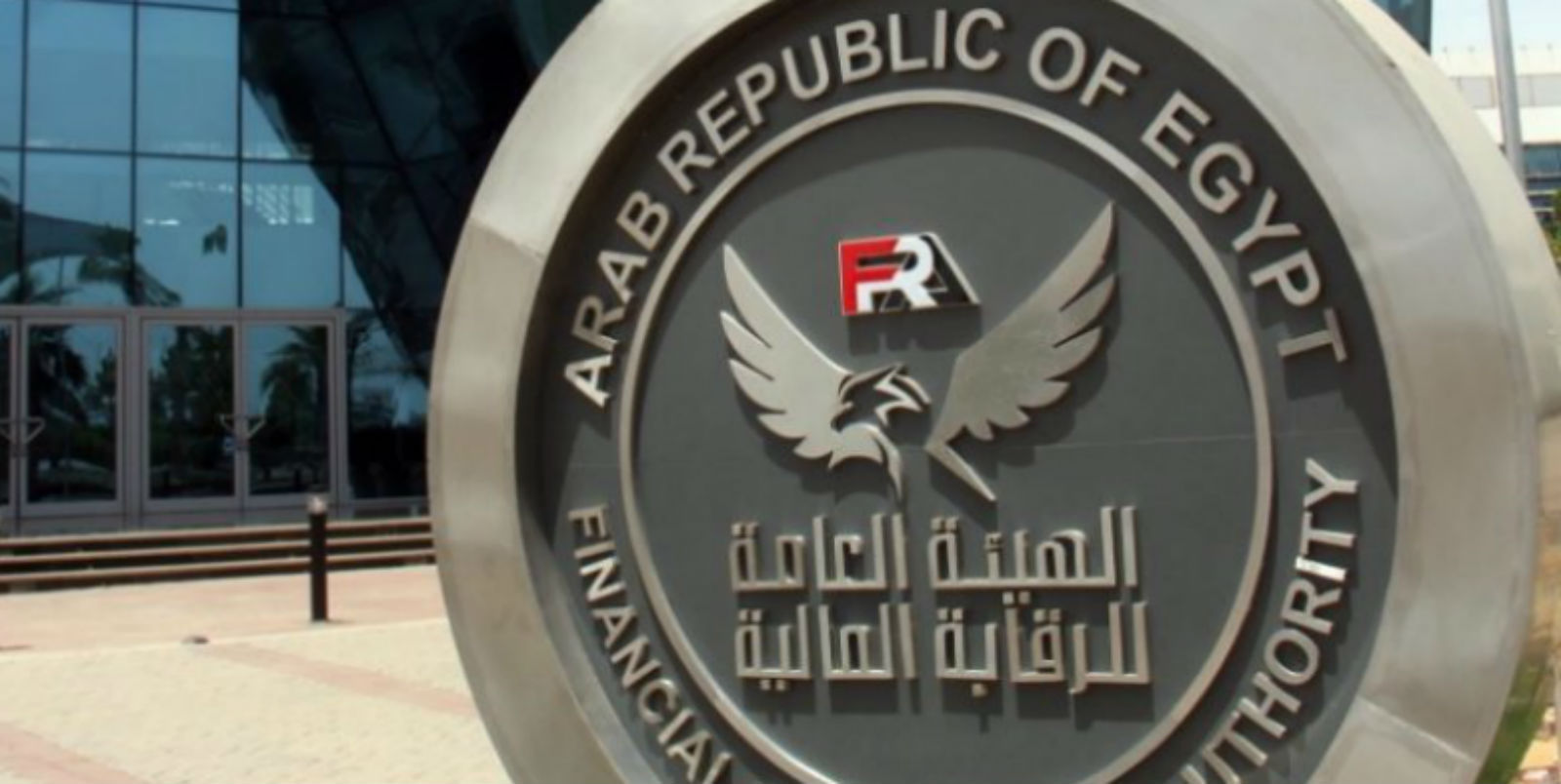Utilities, schools and landlords could securitize cashflows they’ve not even booked

A new type of securitization under consideration by regulators could stoke the Egyptian market: Utilities and other companies that provide ongoing services to the public may soon be able to raise capital by securitizing future cashflows under a new instrument greenlit by the Financial Regulatory Authority last week, the regulator said in a statement.
How does it work? Known as future flow securitization, the instrument would give a wide range of private- and public-sector companies — from utility providers and telecom companies to healthcare and education outfits and landlords renting out properties — access to liquidity without needing a big portfolio of accounts receivables. Future income, whether from phone bills, utility payments, tuition fees or rent, can be packaged into securities and offered to investors in order to raise capital.
The subtle but key difference between this and traditional securitization: Where standard securitization involves collateralizing on-balance sheet accounts receivables, future flow instruments securitize payments that do not yet exist on the company’s balance sheet.
Future flow securities have the potential to create a larger securitization market in Egypt, Imane Raouf, senior associate at Dreny and Partners Law Firm told us. It would allow a larger number of companies that lack the receivables needed to issue traditional securitized bonds to enter the market and sell future flows to investors, she said.
It could spur infrastructure spending: Companies that provide basic amenities will be able to issue tradable future-flow bonds to fund big-ticket spending on infrastructure, road, and transport projects without needing to wait for payments from their clients. The FRA singled out those companies as the key beneficiaries of the mechanism.
When could this become reality? Future flow securitization would become an option for businesses if proposed amendments to the Capital Markets Act (pdf) pass the House of Representatives.
Securitization in Egypt has stepped up a gear in recent years: Securitized bonds have developed into an increasingly popular form of corporate financing among real estate and consumer finance companies and an important alternative to unsecuritized corporate paper, of which the country has barely seen any in recent years. The market is busy so far into 2021, with Palm Hills being the latest to announce a sale when it closed an EGP 800 mn issuance late last month.
For the ABC of securitization: Check out our explainer here.